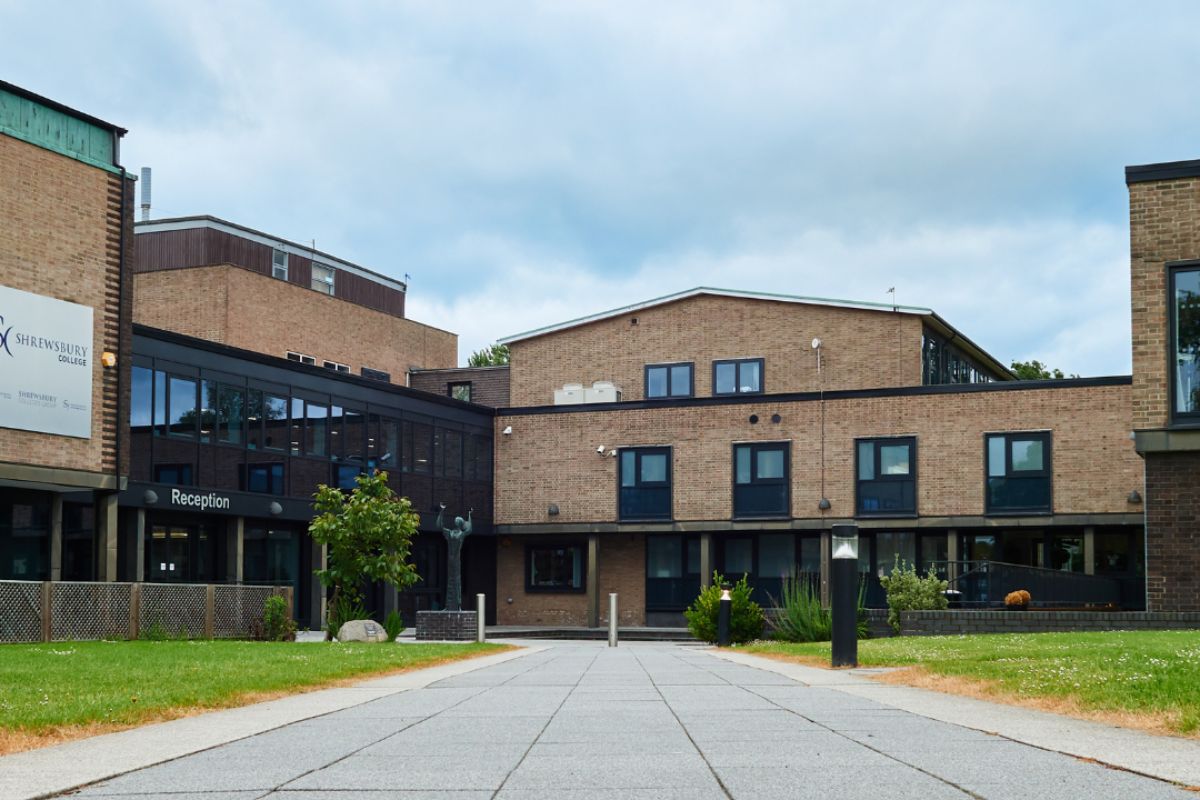North West Schools among best in UK for Cyber Education

A pioneering programme delivered by IN4 Group and backed by the UK’s National Cyber Security Centre (NCSC) to encourage interest in careers in cyber, has resulted in £1.57 million of social impact in less than 12 months, establishing 13 local schools and colleges from Lancashire and Greater Manchester as among the best in the UK for cyber and STEM education.
The review found that for every £1 invested in the CyberFirst programme, there has been a Social Return on Investment (SROI) of £2.57 in the regional community, boosting cyber education in the area known as the North West Cyber Corridor.
Set up by the NCSC (a part of GCHQ) and delivered by IN4 Group in the North West of England, the CyberFirst Schools & College initiative aims to encourage a more diverse range of young people to pursue careers in the cyber sector.
The programme, which exceeded targets in this first year, is focused on the most disadvantaged and deprived communities in the UK, with over 35% of the students supported by the pupil premium, a government grant given to schools to improve the education of underprivileged children.
Speaking at a celebration event held at BAE Systems in Samlesbury, Ben Wallace, the Secretary of State for Defence and MP for Wyre and Preston North, who awarded formal recognitions to the 13 schools, said,
“By opening up opportunities for young people to build exciting careers in cyber skills in the North West, we are expanding the range of durable careers in this area, bringing both benefits to those involved and the wider community. This is absolutely about up-skilling and levelling-up and I am hugely heartened to see the investment and progress being made.”
Mr Wallace MP was joined by key industry organisations including the National Cyber Force (NCF), a Ministry of Defence and GCHQ partnership that conducts cyber operations to protect the UK.
With only 22% of the UK’s cyber security workforce represented by women, the initiative will continue to inspire girls, particularly those from disadvantaged backgrounds and those facing barriers such as social capital, support from education and work experience, to take an interest in technology during school, college, or university. This is part of a bigger ambition to see more than 200,000 young women pursue careers in STEM in the North West over the next 10 years.
Mo Isap, CEO of IN4 Group, which has plans to scale the initiative across the North West and into the West Midlands, said:
“By providing this comprehensive support to schools and colleges, the pioneering CyberFirst North West programme strives to ignite a passion for cyber security among young minds and cultivate a more diverse and inclusive talent pool. This is a significant opportunity to inspire the next generation, the bringing together of education, skills, technology, and industry is the key enabler to creating prosperity in communities across the UK. It will only further galvanise and grow the existing collaborative and mutually beneficial working relationships.”
Lindy Cameron, Chief Executive of the National Cyber Security Centre, said:
“Developing a diverse cyber workforce is vital for ensuring the UK remains safe online and we are committed to removing barriers so young people can pursue careers in the field. I am delighted to see the positive impact our CyberFirst initiative is having in the North West – recognising schools for the very best in cyber education and helping pupils develop valued tech skills. Working with IN4 Group, I look forward to seeing the programme grow across the region, paying dividends for the local ecosystem and contributing to our national cyber resilience now and into the future.”
Partners for the CyberFirst North West initiative, which has seen investment of over £600,000 from across the public and private sector, include IBM, Northrop Grumman, KPMG UK, QinetiQ, Roke and BT.











Responses